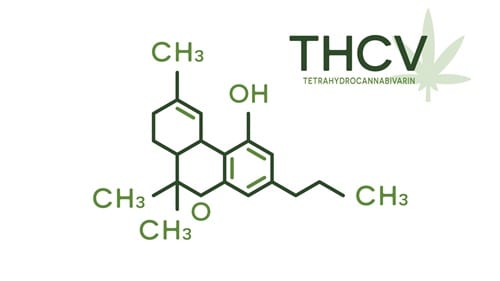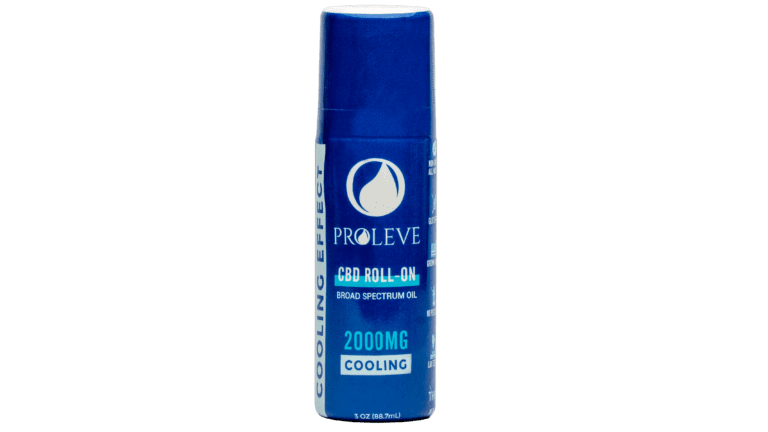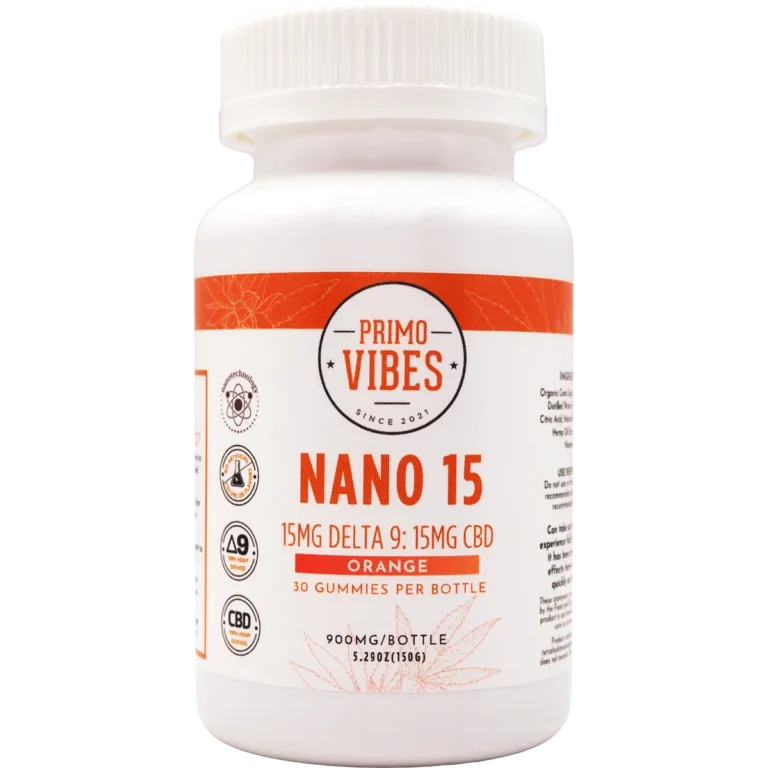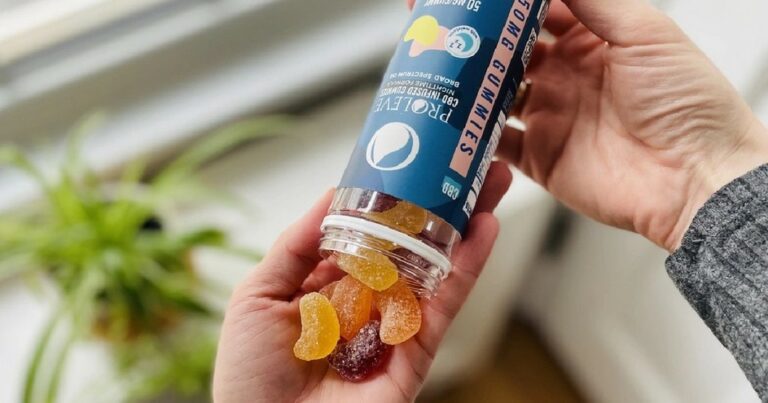Does THC-A Turn Into Delta 9 When Smoked
THC-A (tetrahydrocannabinolic acid) is a prevalent cannabinoid found in raw cannabis, but its effects differ significantly from the well-known Delta 9 THC. A common question is whether THC-A transforms into Delta 9 THC when exposed to heat, such as during smoking or vaporizing. This is crucial for understanding how cannabis produces its psychoactive effects.
In its raw state, cannabis contains very little Delta 9 THC. Instead, it is abundant in THC-A, which is the non-psychoactive precursor to THC. Consuming raw cannabis will not induce the “high” typically associated with THC because THC-A doesn’t bind to the brain receptors responsible for psychoactive effects. However, when exposed to heat, THC-A undergoes a process called decarboxylation, which converts it into Delta 9 THC. This transformation is what enables the psychoactive properties of cannabis to be activated.
Decarboxylation occurs when cannabis is exposed to heat, whether through smoking, vaporizing, or cooking. This process triggers a chemical reaction that removes a carboxyl group from THC-A, transforming it into Delta 9 THC.
This transformation is essential, as it is Delta 9 THC that produces the psychoactive effects associated with cannabis use, such as euphoria and altered perception.
In essence, THC-A does convert into Delta 9 THC when cannabis is smoked. As the cannabis is heated by a lighter or vaporizer, the THC-A rapidly decarboxylates into Delta 9 THC, which is then inhaled and absorbed by the body. This is the reason smoking raw cannabis flowers, which are high in THC-A, results in the familiar psychoactive effects of Delta 9 THC.
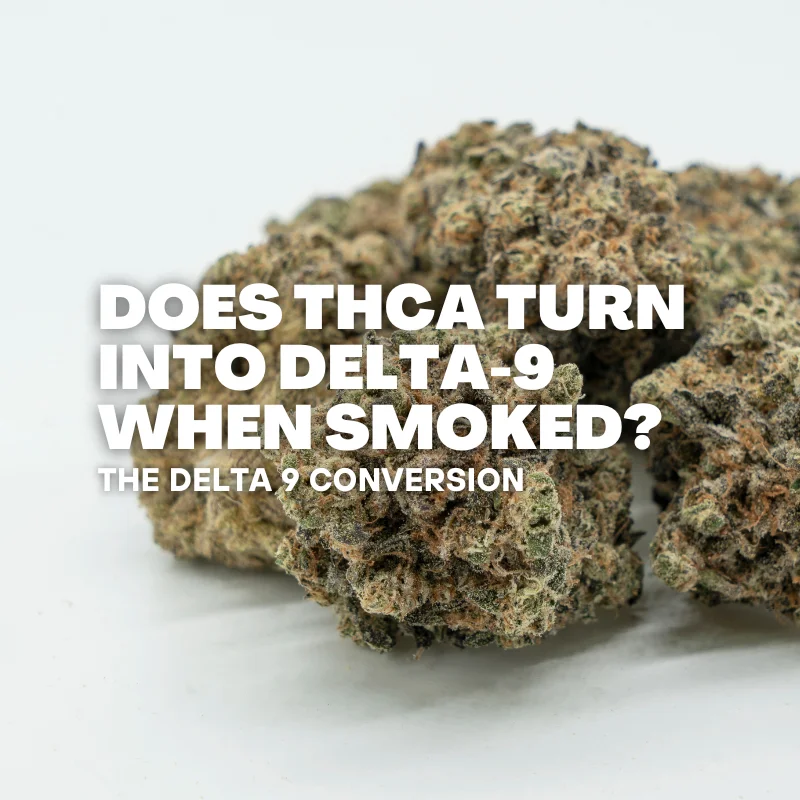
It’s important to understand that the conversion of THC-A to Delta 9 THC largely depends on the method of consumption. Smoking cannabis is one of the quickest ways to decarboxylate THC-A and absorb Delta 9 THC. When cannabis is burned, the heat immediately transforms THC-A into its psychoactive form, THC, which is then inhaled and rapidly absorbed into the lungs, entering the bloodstream and producing effects almost instantly. Vaporizing cannabis also achieves this decarboxylation but at a lower temperature, preserving some of the plant’s other beneficial compounds while still delivering the desired psychoactive effects.
On the other hand, consuming cannabis without applying heat—such as eating raw leaves or buds—keeps THC-A in its non-psychoactive state. Without the decarboxylation process, individuals won’t experience the effects commonly associated with Delta 9 THC. Even though raw cannabis won’t produce a high, THC-A has shown potential health benefits, including anti-inflammatory and neuroprotective properties, though more research is needed to fully understand its medicinal potential.
For those seeking the psychoactive effects of cannabis, it’s crucial to understand how THC-A converts to Delta 9 THC. Whether through smoking, vaporizing, or incorporating cannabis into edibles, applying heat is key to unlocking the effects. The transformation of THC-A into Delta 9 THC underscores the importance of properly preparing cannabis to achieve the desired experience.


